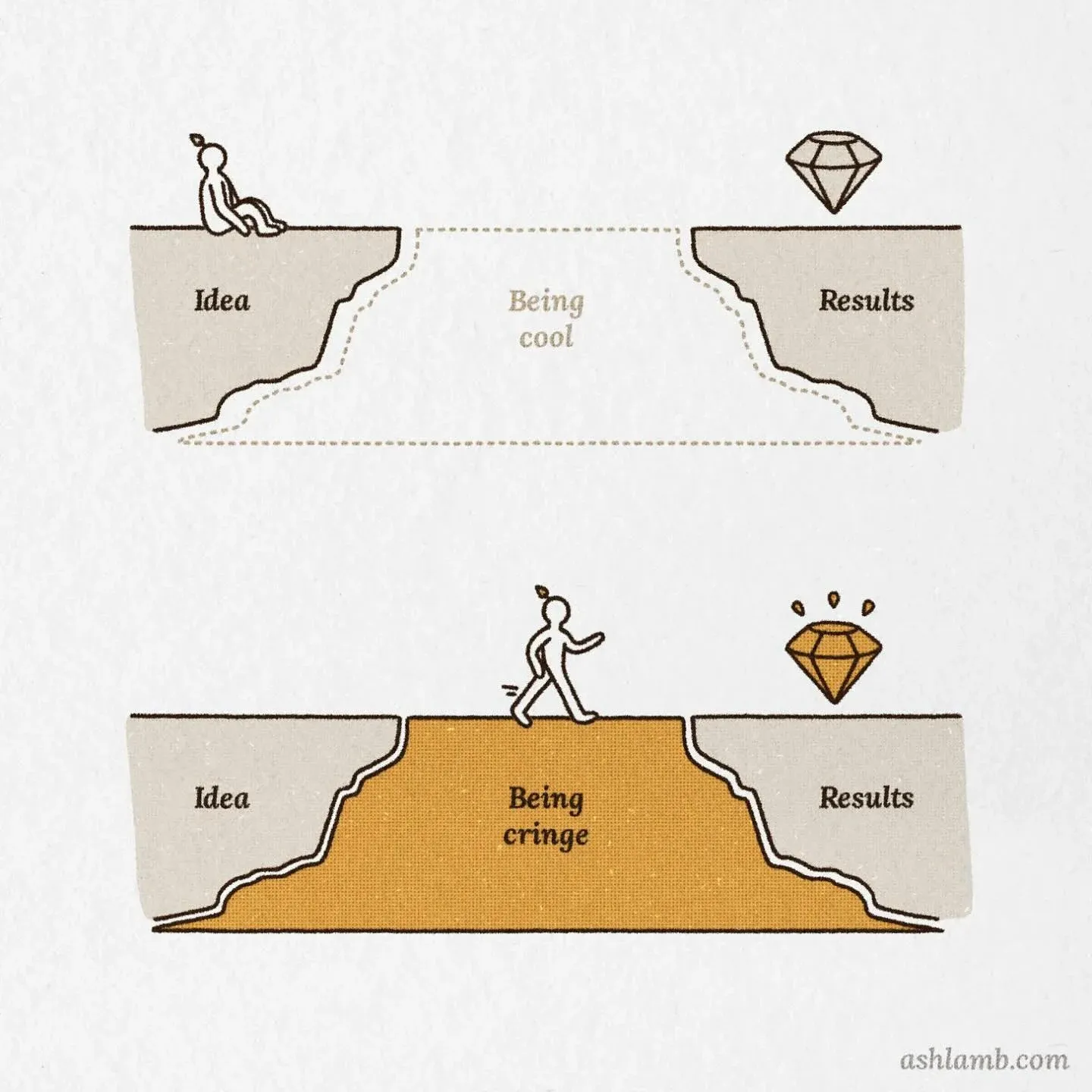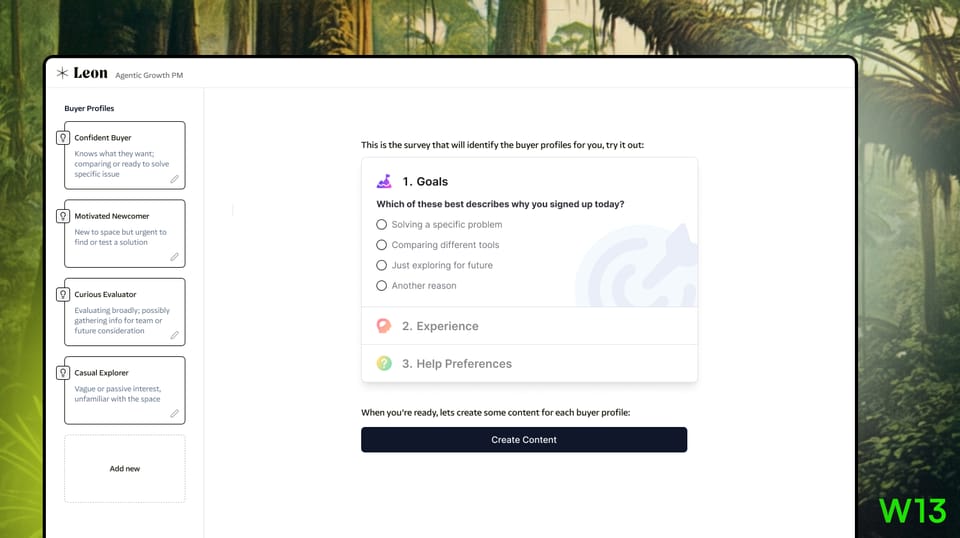Basement Files 105
The famous knock against tech startups is that about 90 percent of them seem aimed at answering the question, “What things isn’t my mom doing for me anymore?”



Tyranny
The democrats contemptuously rejected temperance as unmanliness…. Insolence they term breeding, and anarchy liberty, and waste magnificence, and impudence courage…. The father gets accustomed to descend to the level of his sons and to fear them, and the son to be on a level with his father, having no shame or fear of his parents…. The teacher fears and flatters his scholars, and the scholars despise their masters and tutors…. The old do not like to be thought morose and authoritative, and therefore they imitate the young…. Nor must I forget to tell of the liberty and equality of the two sexes in relation to each other…. The citizens chafe impatiently at the least touch of authority, and at length… they cease to care even for the laws, written or unwritten…. And this is the fair and glorious beginning out of which springs dictatorship
Grok
In Robert Heinlein’s 1961 novel, Stranger in a Strange Land, the Martians give this the name “grokking,” a mode of understanding that is individual and collective at once: it means, we are told, “to merge, blend, intermarry, lose identity in group experience. It means almost everything that we mean by religion, philosophy, and science—and,” Heinlein’s novel adds, “it means as little to us,” meaning earthbound humans, “as color means to a blind man.” This too is part of grokking: in order for you to get it, everyone else must not get it. The word “grok” quickly made it into the counterculture’s vocabulary, showing up in the work of Ram Dass (whose 1971 Be Here Now Steve Jobs cited as an early inspiration) and in Tom Wolfe’s firsthand description of the sixties counterculture, The Electric Kool-Aid Acid Test (1968), although Wolfe misuses it. But before long it made its way into the parlance of computer culture.
Tech
The famous knock against tech startups is that about 90 percent of them seem aimed at answering the question, “What things isn’t my mom doing for me anymore?”
Self
The more we are detached from communal standards and an in-group whose views validate us, the more we are alone with ourselves and the cold, unflinching gaze of society—and we have to seek validation via what we consume, how we decorate our homes, how we take care of ourselves, and so forth.
Juice
One concept in game design that more digital designers of all stripes should pay attention to is the delightfully named juice. Ever played a game where every movement just clicks? The jump feels snappy, the sword swing lands with weight, and even the menu animations are satisfying. That’s juice—the polish that makes an interaction feel alive. It’s the difference between a game that simply works and one that feels amazing to play.
I'm changing jobs right now and have been doing a bit of a digital audit. Long story short I deleted everything off my phone but the life utilities. No entertainment. That meant that I read a lot more this week and scrolled a lot less. Hence the lack of visuals and chunkier notes section.




